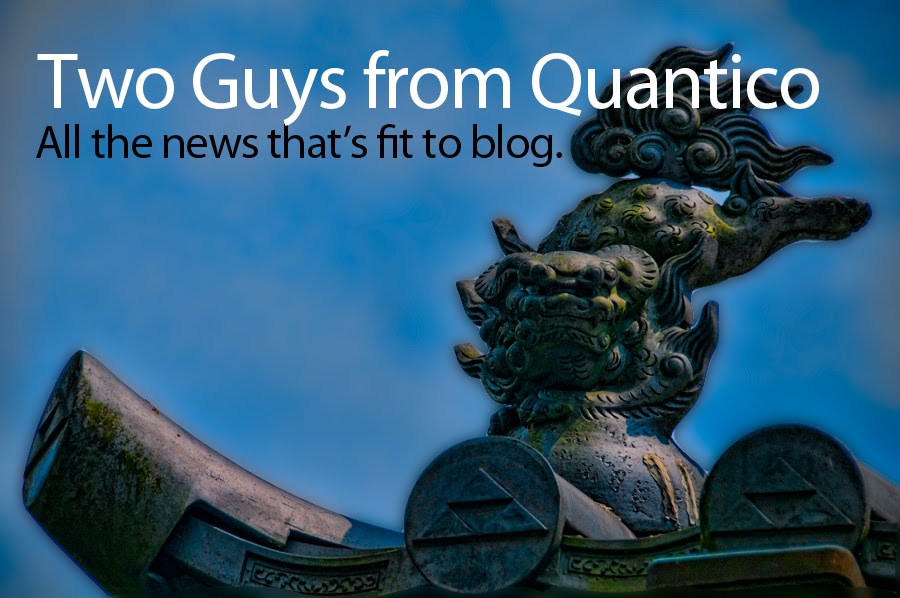
I went to the movies yesterday and for the first time in quite a while I splurged for popcorn and a beverage for my wife and I. Little did I know that apparently inflation has hit movie theatres a lot more than the rest of the nation, with snack prices going up 50% since the last time I splurged at a theatre (about a year ago). I know that oil and gold prices have gone way up, but last I saw there isn't anything else in the rest of the consumer world that has increased that much in a year. It's now $6.15 for a large popcorn - more than the cost of the actual movie ticket (assuming you get a discount ticket). I can get a value meal at Wendy's for that price, and it's got some substance (and a drink). Let's not forget the cost of theatre beverages - $3.00 for a liter of Dasani or $4.00 for a 32 oz soda. I'm into my theatre "meal" ten bucks without trying. That's almost a meal at Chili's.
While the prices are outrageous, I will say that it is capitalism and they have every right to try and extract a premium price for the same old goods that I can get elsewhere for cheaper. The problem comes with complaints about the black market in smuggled candy, soda, popcorn, and food. Of course, theatres have their goodie nazis watching to make sure that you aren't getting anything blatantly obvious past them, but as all good Americans do, we usually hide our booty in my wife's purse, which they choose not to search, based on the fact that we aren't at the airport and they aren't the TSA. The bigger issue here is that theatres have gotten themselves stuck in a self-perpetuating problem. They raise concessions prices to try and maximize revenue, then they lose additional marginal revenue as the black market (let's face it, Wal-Mart's selling $.85 movie theatre size candy for a reason here) takes those sales away at a price point consumers will pay. Sure, you lose out on the convinience of not having to smuggle and to not have to buy your concessions at the theatre, but at the price of today's concessions, that's not a bad deal. I hear of the dire problems facing theatres and I think that a lot of them are their own fault. How about some actual innovative thinking here? Let's start with lowering prices. If I could get a large popcorn, beverage, and candy for a fiver, I'd be lined up before every movie to get it. I will not, however, pay $4.50 for $.25 worth of pop or $2.50 for candy that retails for less than a buck. While we're at it, try introducing some limited meals. Larry Miller's theatres in Salt Lake City do it, and I haven't noticed any adverse effects to the moviegoing experience. You could welcome in an outside vendor with an exclusive contract of some sort. Maybe bring in KFC with their popcorn chicken (a food item that's just begging to be brought into theatres) and they can charge street prices for their food (or maybe even a little more, but that's KFC's option). The theatre gets rent from the Colonel, people get more choice, maybe with the combination of lower concession prices, then they get some candy and that beverage, and suddenly you're, well, maybe not minting money, but certainly making more than before. I would also like to see ticket prices lowered, because when it costs as much for 2 people to go to a movie as it does to buy a DVD, again you're going to lose the consumer - especially with Hollywood compressing the release cycle more and more all the time. A movie needs to be an impulse purchase, something that people will do because they're bored and they don't have anything better to do. Instead, by pricing it so high that people have to contact their CPA and take out a second mortgage on their house to see a movie, they're only ensuring their own obsolecense.




